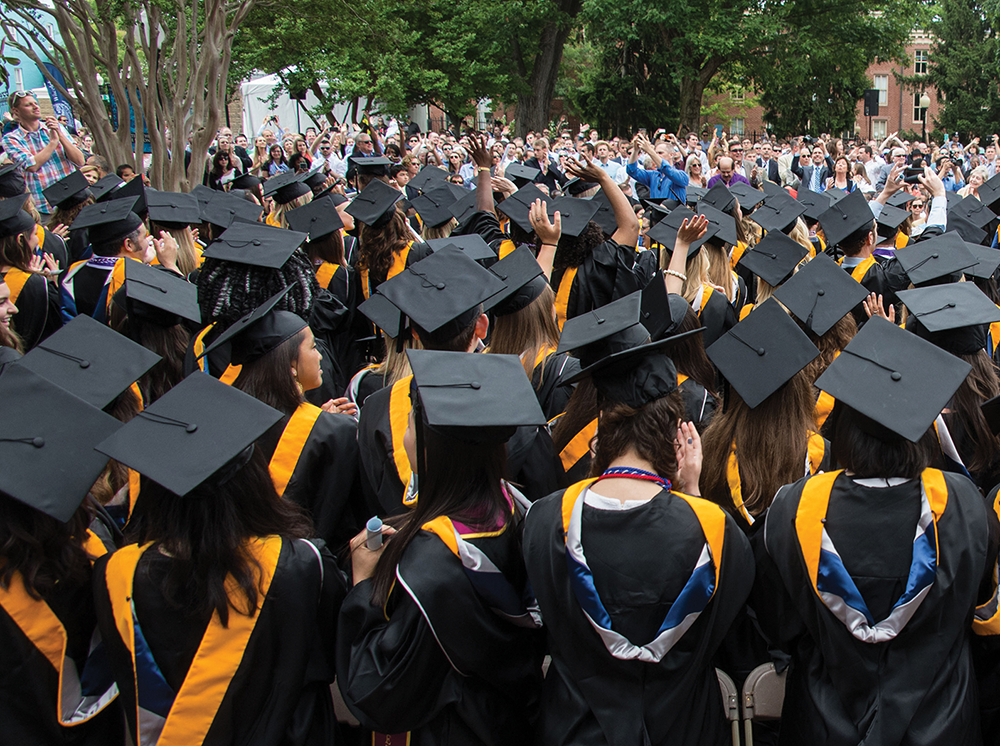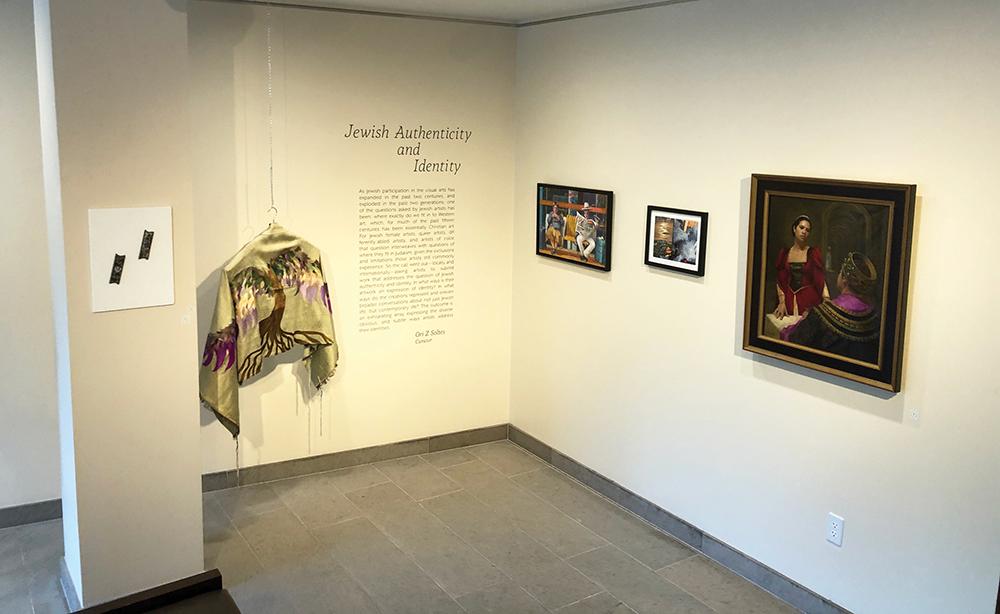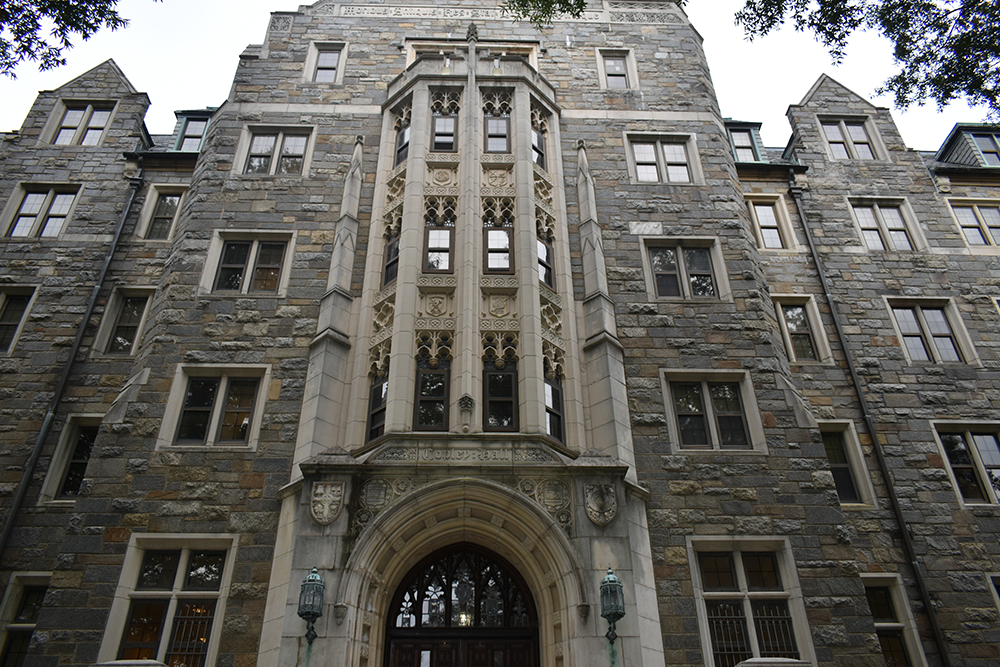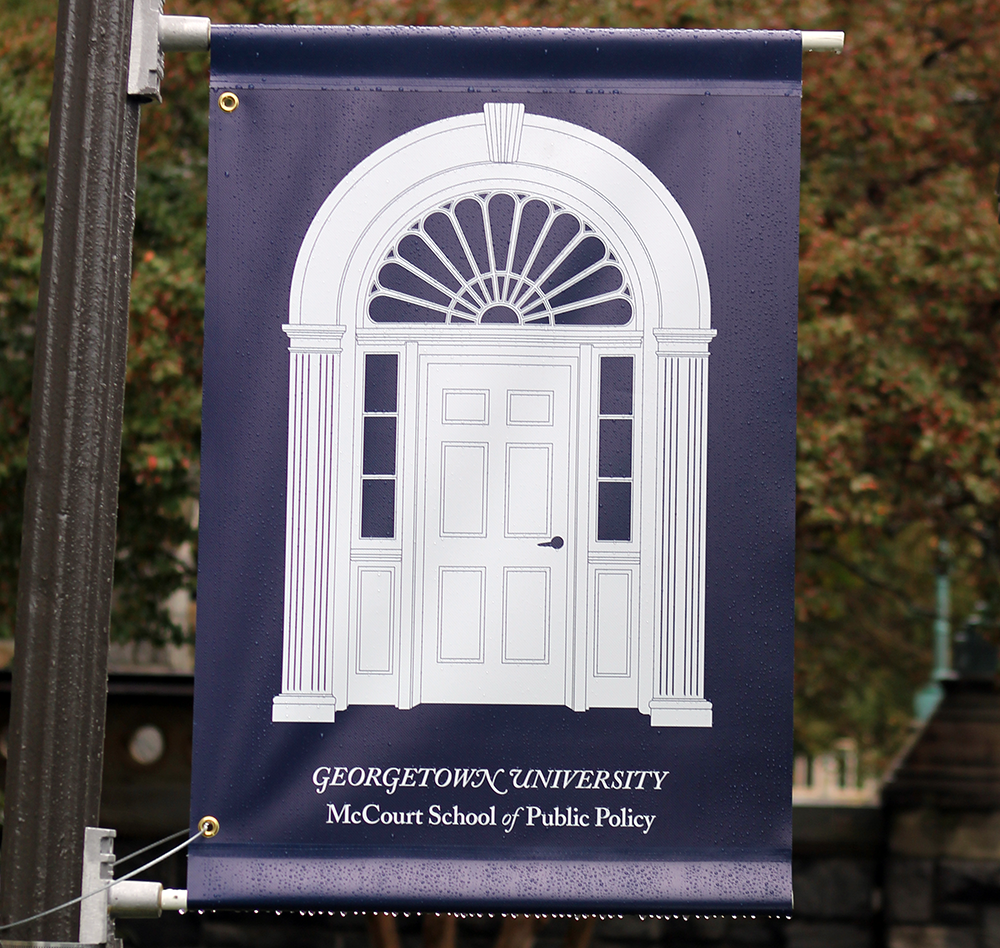The Democratic and Republican National Committee chairs remained hopeful that their parties can overcome disruptions caused by the COVID-19 pandemic during virtual events in April.
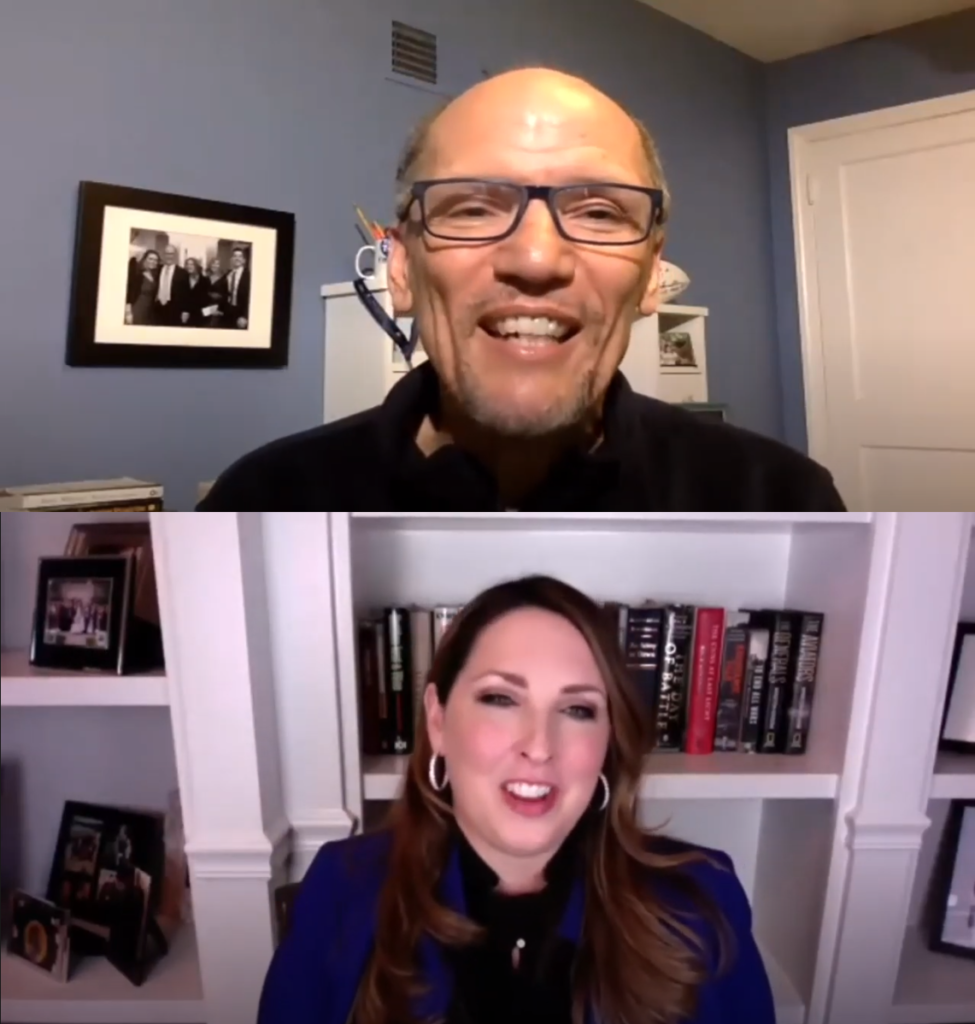
The events came as the primary season for the 2020 general election has nearly concluded, with former Vice President Joe Biden (D) presumptively running against incumbent President Donald Trump (R) in November.
Georgetown Institute of Politics and Public Service Executive Director Mo Elleithee (SFS ’94) first talked with DNC Chair Tom Perez on April 20 and later with RNC Chair Ronna McDaniel on April 22. The conversations were conducted over Zoom, and members of the Georgetown University community were able to tune into the conference and ask questions during the latter half of each broadcast.
During the Democratic primary campaign, the DNC prioritized building party unity heading into the general election, according to Perez.
“Our goal is to make sure that everyone got a fair shake because we want to make sure that we come out of our Democratic primary united,” Perez said. “And what I’m proud of is every single candidate has issued a full-throated endorsement to the vice president. I’m really excited about that. What we’re doing is leading with their values.”
The Republican Party, however, is well-prepared financially and benefits from an existing campaign infrastructure, according to McDaniel.
“Clearly, we’ve had a head start. We’ve raised record money. We’ve had an ability to work with the Trump campaign. We’re in 23 states already with 800 staff on the ground, and we’ve activated about a million volunteers,” McDaniel said. “We build the roads so that candidates can drive on it. And that road takes years and years and years to build, and we’re in the best place we’ve ever been heading into this election.”
The two-part series, titled “Election 2020: A Chat with the Chairs,” was hosted by GU Politics in coordination with the Georgetown Bipartisan Coalition, Georgetown University College Democrats and Georgetown University College Republicans. GU Politics also streamed the conversation live on its Facebook page and YouTube channel.
Regardless of existing infrastructure, traditional election strategies could not be implemented this year because of the pandemic, according to The New York Times. Both parties have had to forgo public events, with Biden turning to video speeches and Trump making do with press conferences instead of rallies.
Despite the present obstacles to organization, McDaniel said stay-at-home orders allow for unprecedented personal check-ins with voters.
“Everyone’s home, so they’re responding, and they want to talk more. It is an interesting shift, but I don’t feel we’ve lost any ground,” McDaniel said. “Instead of knocking on that door, I’m knocking on your Zoom, I’m knocking on your email. We just want to check on you: ‘Are you doing OK? Can we give you the resources you need?’ That’s where the whole country was, and so we wanted to just make it more of a check-in.”
Perez pointed to the recent primary held April 7 in Wisconsin as an example of how the Democratic party can succeed despite the challenges posed by the pandemic. The state Supreme Court, which has a Republican majority, blocked Gov. Tony Evers’ (D) order to postpone the election, and the U.S. Supreme Court blocked an absentee ballot deadline extension in what was condemned by left voices and election experts as an attempt at voter suppression, as voters wary of COVID-19 may have avoided the polls.
Regardless of the pandemic, turnout remained high at 34%, comparable to previous presidential election cycles in 2008 and 2012, although lower than in 2016, according to NPR. Biden won the state’s Democratic primary with 63% of the vote, and a Democrat-backed judge was elected to the state Supreme Court.
Perez took a partisan stance and said the election results from Wisconsin prove Democrats can successfully organize voters despite unforeseen obstacles, both biological and political.
“We tried hard to get Republicans to postpone it, but they saw an opportunity to suppress the vote and win an election in Milwaukee and in Wisconsin for this critically important state Supreme Court case,” Perez said. “We know how to organize in the middle of a pandemic. They tried to suppress the vote and we were able to stop that. And most importantly, voters are motivated.”
One of the biggest motivating factors may be the economy, as unemployment has skyrocketed to 14.7% because of the pandemic, according to FiveThirtyEight. Focusing on the economic consequences of the pandemic, McDaniel said that voters will choose who they trust the most to rebuild the economy and that Trump is best positioned to do so.
“The president built an economy that was in such great shape as we headed into this unforeseen crisis: 7 million new jobs, 500,000 manufacturing jobs. This was a president that immediately understood as a candidate the threat that China posed in terms of our supply chain,” McDaniel said. “Americans still, even against Joe Biden head-to-head, trust the president on the economy and to build back the economy at a higher level.”
Perez, however, said the pandemic response from the president pales in comparison to the precautions taken by the Democrats, including pushing back the Democratic National Convention from mid-July to Aug. 17, according to The New York Times.
“We’re always planning and hoping for the best, but we’re planning for every contingency, and that is what preparedness is about. Unfortunately, the president has not gotten the memo, and we are paying dire consequences for that,” Perez said. “We will nominate our standard-bearer, and in the meantime, we are organized everywhere.”









